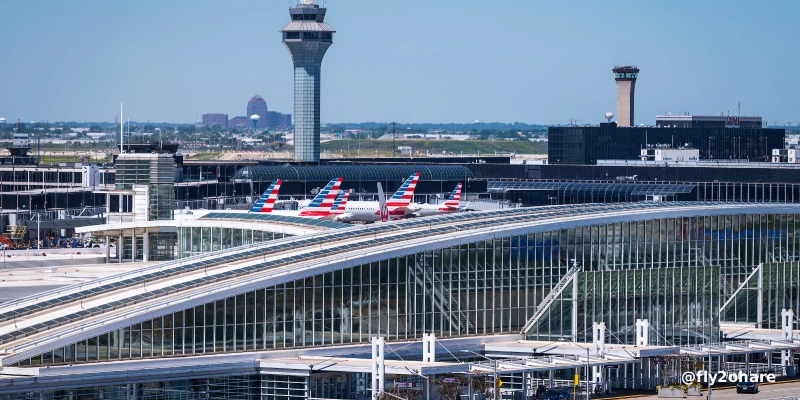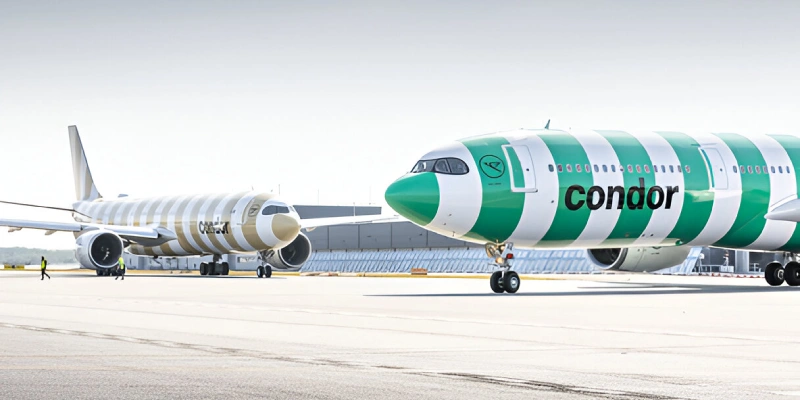The International Air Transport Association (IATA) has launched “Travel Smart with Lithium Batteries,” a global safety campaign with a clear objective: to help passengers travel safely with mobile phones, laptops, power banks, and other lithium-powered devices.
The initiative, available on IATA’s website and social media channels, can also be used by airlines, airports, and industry partners who wish to adapt the materials in white-label format for their own communication channels.
“Devices with lithium batteries are safe when handled correctly, but they can pose a risk if they are damaged or packed improperly,” explained Nick Careen, IATA’s Senior Vice President of Operations, Safety and Security. “As more passengers travel with these items, our campaign will help airlines educate users about the simple rules they need to keep in mind when flying with the devices that are already an essential part of their daily lives,” he added.
More Devices, But Incomplete Knowledge
According to a recent survey conducted by IATA itself, the majority of passengers travel with devices that use lithium batteries:
- 83% carry a mobile phone
- 60% transport a laptop
- 44% include a power bank in their luggage
→ IATA: Supply Chain Issues Could Cost Airlines Over US$11 Billion in 2025
Although 93% of respondents claim to know the regulations for transporting lithium batteries (and 57% consider themselves “very familiar” with them), there are still critical errors in travelers’ perceptions:
- 50% incorrectly believe it is safe to place small devices with lithium batteries in checked baggage.
- 45% think that power banks can also be carried in the hold.
- 33% are unaware that there are watt-hour limits for spare or external batteries.
Seven Golden Rules for Flying Safely
The campaign focuses on seven simple rules that all passengers should follow when traveling with electronic devices:
- Pack Only Essentials: Bring only the devices and batteries you absolutely need.
- Stay Alert: If a device heats up, emits smoke, or appears damaged, notify a crew member or airport staff immediately.
- Keep Your Devices with You: Phones, laptops, cameras, or e-cigarettes must always be in your carry-on baggage, never in the hold.
- Protect Loose Batteries: Store spare batteries and power banks in their original packaging or cover the terminals with adhesive tape.
- Remember the Gate-Check Rule: If your carry-on bag is gate-checked, remove all lithium batteries and devices before handing it over.
- Check Battery Size: If it exceeds 100 watt-hours (like those for drones, professional cameras, or power tools), check with your airline, as special approval may be required.
- Check Your Airline’s Rules: Policies can vary by carrier and local regulations.
A Worldwide Campaign
IATA’s strategy will include multilingual and digital materials that airlines can adapt and disseminate to their passengers. A short animated video will be the centerpiece of the educational effort, designed to make the rules easy to understand and remember.
The resources will also be available to media and aviation industry companies, to reinforce a common message: flying with lithium batteries can be safe if the proper rules are followed.
With this initiative, IATA aims to improve global awareness about the responsible handling of electronic devices onboard, enhancing aviation safety and promoting a culture of prevention throughout the travel ecosystem.
Related Topics
FAA Proposes Flight Reductions at Chicago O’Hare to Avert Summer Operational Collapse
Condor to Move Operations to Frankfurt Airport’s New Terminal 3 in 2027
Argentina: Ezeiza Airport Launches Investment Plan Exceeding US$100 Million to Expand Operational and Logistical Capacity
American Airlines Invests US$1 Billion to Transform Concourse D at Miami International Airport

Un apasionado por la aviación, Fundador y CEO de Aviación al Día.




